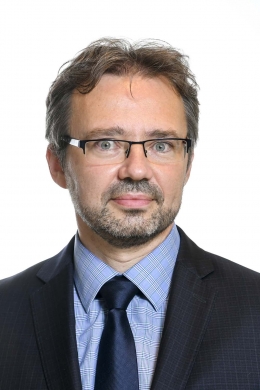Czech Business Today
EESC Corner: REPowerEU Plan
The EESC as the representative of civil society, which is unduly affected by the current dramatic price increases, points out that many of the problems that need to be solved now could have been avoided, or at least limited, if the dependency on energy imports had been reduced – as proposed by the Commission the past years. The EESC recalls the statements in the 2014 EU Energy Security Strategy and the 2015 Energy Union Strategy that the EU remains vulnerable to external energy shocks calling on policy makers at national and EU level to make clear to citizens the choices involved in reducing our dependency on particular fuels, energy suppliers and routes.
However, most politicians and large parts of our society have been blinded by the cheap fossil supplies and failed to pursue any precautionary policies. The current situation is the backlash of this negligence. The EESC regrets that it has taken the war in Ukraine and the ensuing distortions in Russian energy delivery to bring attention to this basic energy security issue and trigger the measures proposed in the REPowerEU Plan to ensure independence of import of Russian energy.
The EESC in that context draws attention to the support possibilities offered by the planned Social Climate Fund and – as regards business – the temporary crisis state aid guidelines. The goal must be to facilitate the transition.
Given the urgency of the situation and the risk of unforeseen disturbances in Russian energy delivery, the EESC attaches importance to measures that can be implemented at once, in particular very strong energy saving, supported by partnership agreements and early implementation of new initiatives. The EESC draws attention to the risk of the combined economic and social effects of the current crisis putting the democratic system under strain unless adequate solutions are found.
Massive investment is needed to increase the share of renewables in the EU’s energy mix. That said, the share of public investment in research and development of decarbonisation technologies is lower in the EU than in other major economies, jeopardising the EU’s competitiveness in key future technologies. The EESC notes that the green transition and security of supply need enough of the right mix of renewables for electrification and for the production of green hydrogen to succeed, storage technologies to be developed and the opportunities provided by digitalisation to be fully exploited. There is therefore still a significant need for research and development investment.
David Sventek: EESC Member of Employers’ Group






